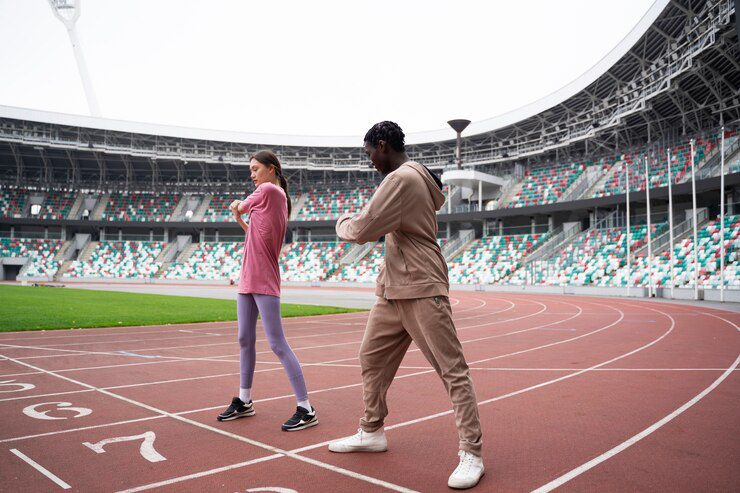Throughout history, athletics and patriotism have been intertwined. Witnessing athletes compete at the highest level, often draped in national colors, evokes a powerful sense of national pride. But why is this link so enduring? Let’s delve into the complex relationship between athletics and patriotism, exploring the reasons behind this global phenomenon.
A Unifying Force: Shared Pride and National Identity
One of the most potent aspects of the athletics and patriotism connection is the ability to unite a nation behind a common goal. A study by the University of Chicago revealed that during major sporting events, national pride surges, with increased displays of national flags and a rise in patriotic social media activity.
This sense of shared pride transcends geographical and social divides. People from all walks of life come together to cheer on their national teams, fostering a sense of national identity and belonging.
| Year | Sporting Event | Estimated Global Viewership |
| 2022 | FIFA World Cup Final | 3.57 Billion |
| 2021 | Tokyo Summer Olympics Opening Ceremony | 5.7 billion |
| 2024 | Paris Summer Olympics (estimated) | Over 6 billion |
Table 1: Global Viewership of Major Sporting Events (Source: Various news outlets)
The sheer scale of viewership for major sporting events like the Olympics and the FIFA World Cup underscores the unifying power of athletics. Billions of people around the world tune in to witness these events, creating a shared experience that transcends language and culture.
National Heroes and Role Models: Inspiring the Next Generation
Athletes who excel on the world stage become national heroes with a national identity in sports, embodying the values of hard work, dedication, and excellence. Their victories are seen as a reflection of the nation’s strength and potential.
These athletes serve as role models for younger generations, inspiring them to strive for excellence in their own endeavors. A study by Loughborough University found that exposure to successful athletes can motivate young people to participate in sports and adopt healthier lifestyles.
Beyond Victories: The Importance of Sportsmanship
While victories are undoubtedly celebrated, the link between athletics and patriotism extends beyond winning. The display of sportsmanship, even in defeat, can be equally inspiring. Athletes who conduct themselves with respect and integrity, win or lose, embody the values associated with national identity.
The Global Landscape: Patriotism and Athletics Across Cultures
The relationship between athletics and patriotism is not unique to any one nation. This phenomenon is observed across the globe, from the passionate supporters in Brazil cheering on their football (soccer) team to the dedicated fans in Japan who follow their athletes in the Olympics.
However, the way this relationship manifests can vary depending on the cultural and historical perspectives. In some countries, athletics is seen as a tool for national pride and prestige, while in others, it serves as a platform for social change and unity.
The Future of Athletics and Patriotism: Navigating the Evolving Landscape
The relationship between athletics and patriotism is likely to continue evolving. As the world becomes increasingly interconnected, the concept of national identity may become more nuanced. However, the core elements that drive this connection – shared pride, national identity, and the inspiration of athletes – are likely to remain enduring.
Conclusion
The link between athletics and patriotism is a complex and powerful phenomenon. It goes beyond mere competition; it’s about national identity, shared pride, and the power of inspiration. Understanding this relationship allows us to appreciate the cultural significance of sports and the emotions it evoke in fans around the world.







